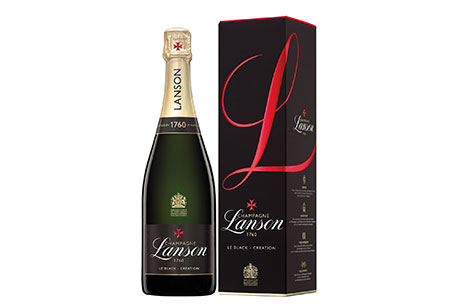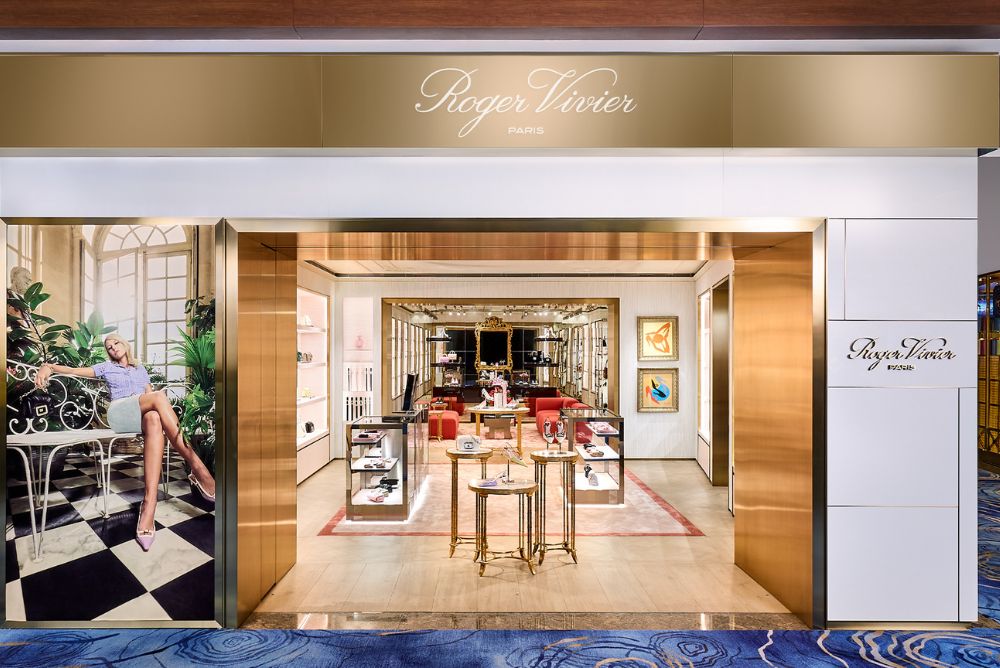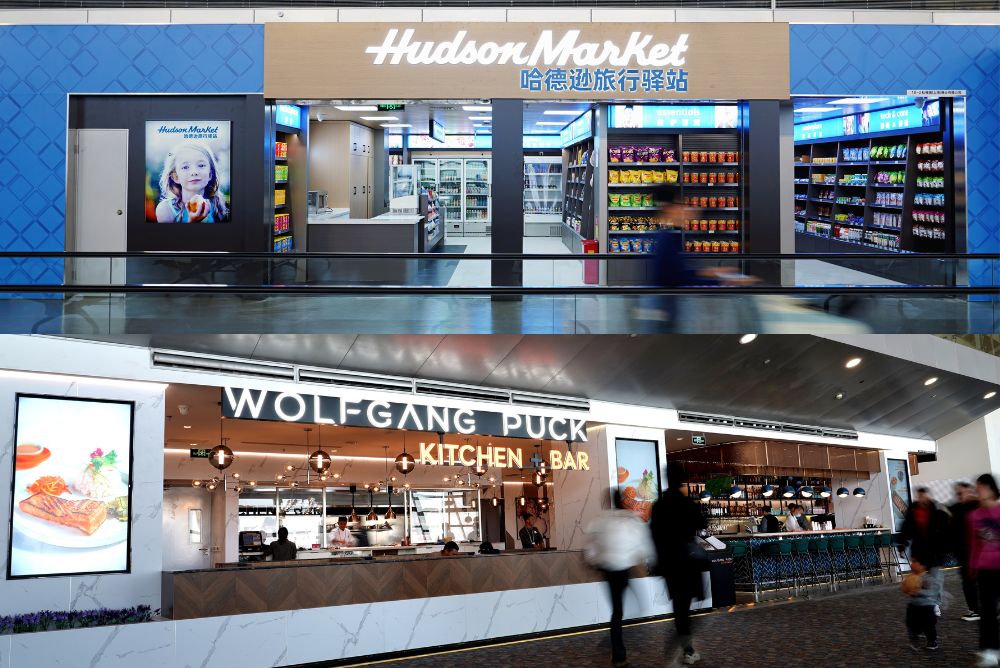Traffic restrictions hit H1 sales at Malaysia Airports
By Andrew Pentol |
Malaysia Airports Holdings Berhad (MAHB) has reported an -85.5% drop in sales in the first half of 2021 to RM60.5 million/US$14.3 million compared to RM427.5 million/US$101.1 million in the same period last year.
Sales at Kuala Lumpur International Airport (KLIA) slumped -89.1% to RM37.6 million from RM345.9 million during the previous corresponding period in 2020.
MAHB manages 39 airports in total across Malaysia (and Sabiha Gökçen International Airport in Istanbul) of which 16 are domestic and 18 are STOLPorts (airports designed with short take-offs and landings in mind).
Total passenger volumes across its Malaysian operations fell -84.6% to three million during the period, from 19.2 million in H1 2020.
Passenger volume at KLIA was down -90.3% to just 1.1 million compared to 11 million in the first half of 2020.
RESET. RETHINK. REFRESH
Speaking during a media briefing last week entitled Reset. Rethink. Refresh. Reimagining Airport Retail to Sustainable Business, Hani Ezra Hussin Senior General Manager, Commercial Services, MAHB said: “Travel restrictions have resulted in a significant reduction in passenger volume and temporary closure of stores hence affecting sales from commercial activities.”

Total Malaysia Airports’ sales in the six-month period ended June 2021 dropped -85.8% to RM60.5 million, compared to RM427.5 million during the previous corresponding period in 2020. Click to enlarge.
Hussin, who was the cover star of the TRBusiness June e-zine added: “The Covid-19 global pandemic adversely impacted the aviation industry and along with it the travel retail industry.
“In any crisis there are always opportunities to be gained. We forged ahead with our plans to reimagine the airports’ commercial and retail experience so that we can transform the airports into lifestyle destinations.
“We endeavoured to help our retailers refresh their offerings in this lull period by providing them with various relief and incentive packages.”
During the media briefing Hussin indicated that tenants were offered ‘equal or better’ incentives to assist them in 2021. These include rental rebates totalling a minimum of 50%, two-year contract extensions if 2020 rental fees were settled and additional two-year contract extensions for newly awarded contracts in order to invest in outlets.
At the time of the briefing, 278 tenants were benefitting from various forms of rent relief.

Rental rebates totalling a minimum of 50%, two-year contract extensions upon settlement of 2020 rental fees and additional two-year contract extensions for newly awarded contracts were among the incentives offered to assist MAHB’s retail tenants in 2021.
In conversation with TRBusiness as part of our exclusive interview in June, Hussin emphasised the company’s commitment to supporting its tenants during the pandemic. “In 2020, Malaysia Airports introduced a six-month rental moratorium and a subsequent customised rental relief package which offered up to 100% rental rebate for six months in the same year.
“Eighty one percent of tenants took up the package and approximately RM137.4 million in rental rebates was given out to them. The extension of credit terms has also enabled tenants to reschedule their rental payments to Malaysia Airports.”

Passenger volume at Kuala Lumpur International Airport was down -90.3% to just 1.1 million in the first half of 2021 compared to 11 million in H1 2020.
As part of MAHB’s much talked about Commercial Reset Strategy, a bridging strategy and new rental model was introduced. Hussin said the purpose of both initiatives was to attract sought-after brands and reputable companies, stimulate high Capex investment by tenants and encourage tenant retention. “Tenants who sign up under the Commercial Reset Strategy are given flexibility on the tenure of the tenancy and for rental to be calculated in relation to passenger traffic.”
Speaking of the Commercial Reset Programme, Hussin said in the briefing that the aim of the programme was to raise the retail profile of Malaysian airports among travellers and shoppers and make the airports destinations in themselves. “The strategy was developed to ensure competitiveness against other airports,” she remarked.
INNOVATING THE RETAIL SPACES
In order to remain competitive, MAHB is working with new and existing partners, introducing new brands and bringing new experiences. It is also innovating the retail spaces with new duty free, food and beverage, designer fashion, retailtainment pods and sense of place formats.
Since 2018, 814 outlets have been tendered and 435 outlets awarded as part of the reset programme. KLIA (T1 and T2), Langkawi, Penang, Kuching and Kota Kinabalu are the international airports involved, while Alor Setar, Terengganu, Kota Bharu, Miri, Sibu, Bintulu, Tawau, Sandakan and Labuan are the domestic facilities taking part.
In 2017, prior to the commencement of the Commercial Reset, total sales at Langkawi International Airport amounted to RM54.2 million. A year later (during the reset), sales dropped slightly to RM47 million, but in 2019 (after the reset) sales skyrocketed to RM95.7 million.
Langkawi International Airport was the first airport to undergo the reset, which sparked a 77% sales surge once everything was complete. According to Hussin, Langkawi International Airport is a live showcase of what a complete reset can do for MAHB’s airports.

Langkawi International Airport has been dubbed ‘a live showcase’ of what a complete reset can do for MAHB’s airports.
She told TRBusiness: “Through the implementation of the Commercial Reset strategy, Malaysia Airports welcomed notable ‘firsts’ In Malaysia and on the island [of Langkawi], reflecting the booming opportunity to attract not only travellers, but those living near the airport.”
Langkawi International Airport now hosts several F&B and retail outlets which cannot be found elsewhere on the island such as Burger King, Costa Coffee and Charles & Keith.
Regarding the next stage of the Commercial Reset strategy, Hussin said it will continue focusing on optimising revenues. “Through partnerships with established brands, we will be creating valuable and unique propositions. The rental relief package, for example, will allow brands to be represented not only in KLIA but also in other airports. This will enhance the value of other airports simultaneously.”
She added: “Retail zones are also being reformatted to maximise their fullest potential. The value of these prime locations will be further enhanced through this exercise. Cold zones will also be turned into hot spots with the right category planning.”

Malaysia Airports Holdings Berhad will continue focusing on optimising revenues as part of its Commercial Reset strategy.
As part of the media briefing, Hussin focused on MAHB’s new online e-commerce platform which happens to be Malaysia’s first travel retail e-commerce platform.
Entitled shopMyairports, the development of the platform was fast-tracked and the concept was launched in September 2020 after around two months.
Sales were growing 50% month-on-month at the time of the briefing, average basket value was RM390 and the site was generating two million cumulative page views.
‘DYNAMIC BOOST’ FOR RETAILERS
“ShopMyairports offers travel retail exclusive products for shoppers to purchase from the comfort of their own home. The platform provides a dynamic boost to retailers to enhance sales via a whole new airport shopping experience.”
Airport tenants were enticed to avail the platform and showcase their products with competitive rates, while MAHB provided the necessary advertising and marketing support to ensure maximum reach. “The online sales campaign on Boxing Day 2020 alone resulted in sales increasing by 58 times from the average daily sales.
“We are working closely with our tenants to enhance offerings, particularly in e-commerce by curating exclusive products and services to target a larger audience beyond the usual travellers.
“Also in the pipeline is our plan to expand our delivery beyond Malaysia to serve global shoppers.”
Concluding the briefing Hussin vowed: “The Malaysian airport retail scene will be entirely transformed to drive sustainable value for all stakeholders and prime the industry for readiness upon travel recovery.
“It will result in exceptional passenger experience, improved sales for our retailers and enhanced revenue for Malaysia Airports, thus enabling us to deliver on our brand promise of Hosting Joyful Connections.
“Ultimately, the retail profile at our nation’s gateways will be elevated and our flagship airport, KLIA, will be at par with its regional peers.”
To read an exclusive interview with Malaysia Airports, see the June TRBusiness e-zine.
For more from Malaysia Airports, click here.
*All charts courtesy of Malaysia Airports.
JEDCO launches multi-category tenders at KAIA T1
Jeddah Airports Company (JEDCO KSA) has issued a request for proposals for several...
TR Consumer Forum 2024: Ticket sales now open
TRBusiness is thrilled to announce that you can now book your tickets to the TR Consumer Forum...
Alcohol insights: Conversion up, spend down in Q4
Conversion of visitors in the alcohol category in duty free has risen to 54% in Q4 2023,...
-
 Asia & Pacific,
Asia & Pacific,JEDCO launches multi-category tenders at KAIA T1
-
 Asia & Pacific,
Asia & Pacific,TR Consumer Forum 2024: Ticket sales now open
-
 Asia & Pacific,
Asia & Pacific,Alcohol insights: Conversion up, spend down in Q4

In the Magazine
TRBusiness Magazine is free to access. Read the latest issue now.

 Trbusiness. The travel retail Trbusiness. The magazine for global retail and duty free professionals.
Trbusiness. The travel retail Trbusiness. The magazine for global retail and duty free professionals.























